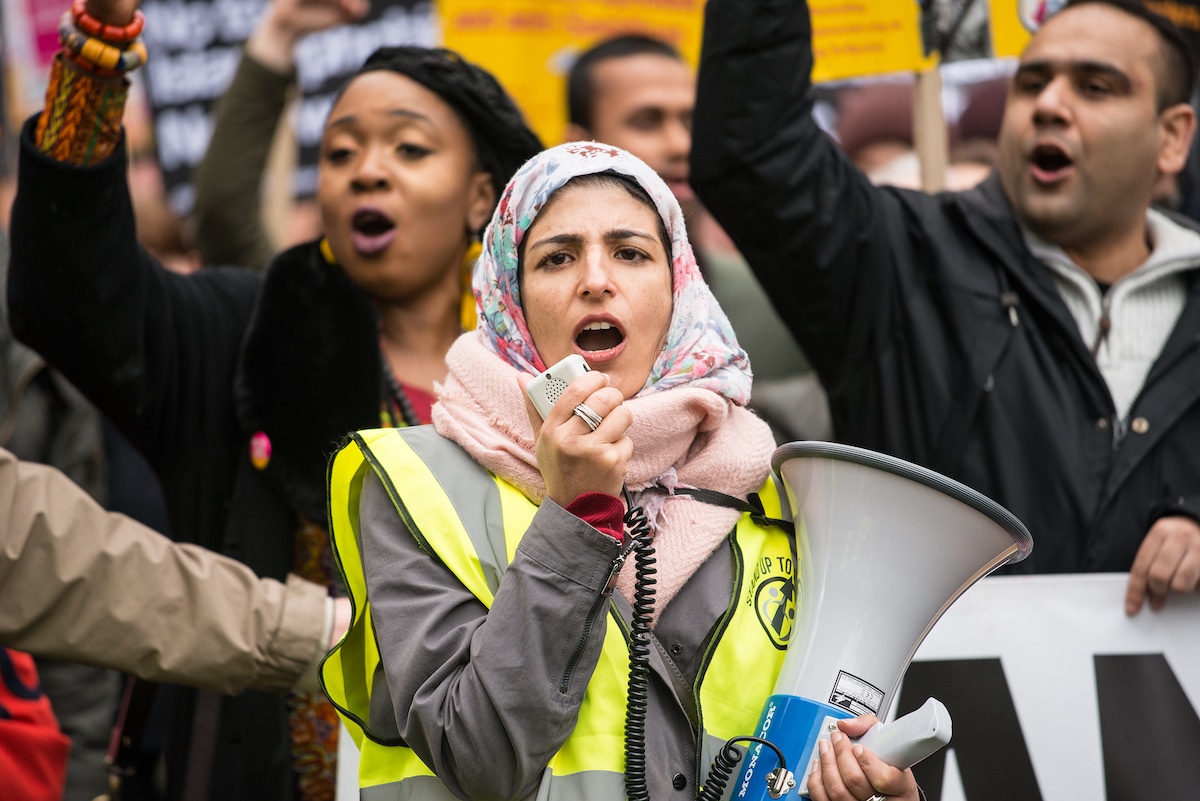Veteran activists and human rights campaigners have united in condemnation as the UK government faces backlash over its plans to broaden the definition of extremism. The move has sparked concerns about the erosion of civil liberties and the stifling of dissent. Here’s the full story.
Broaden Extremism Definition
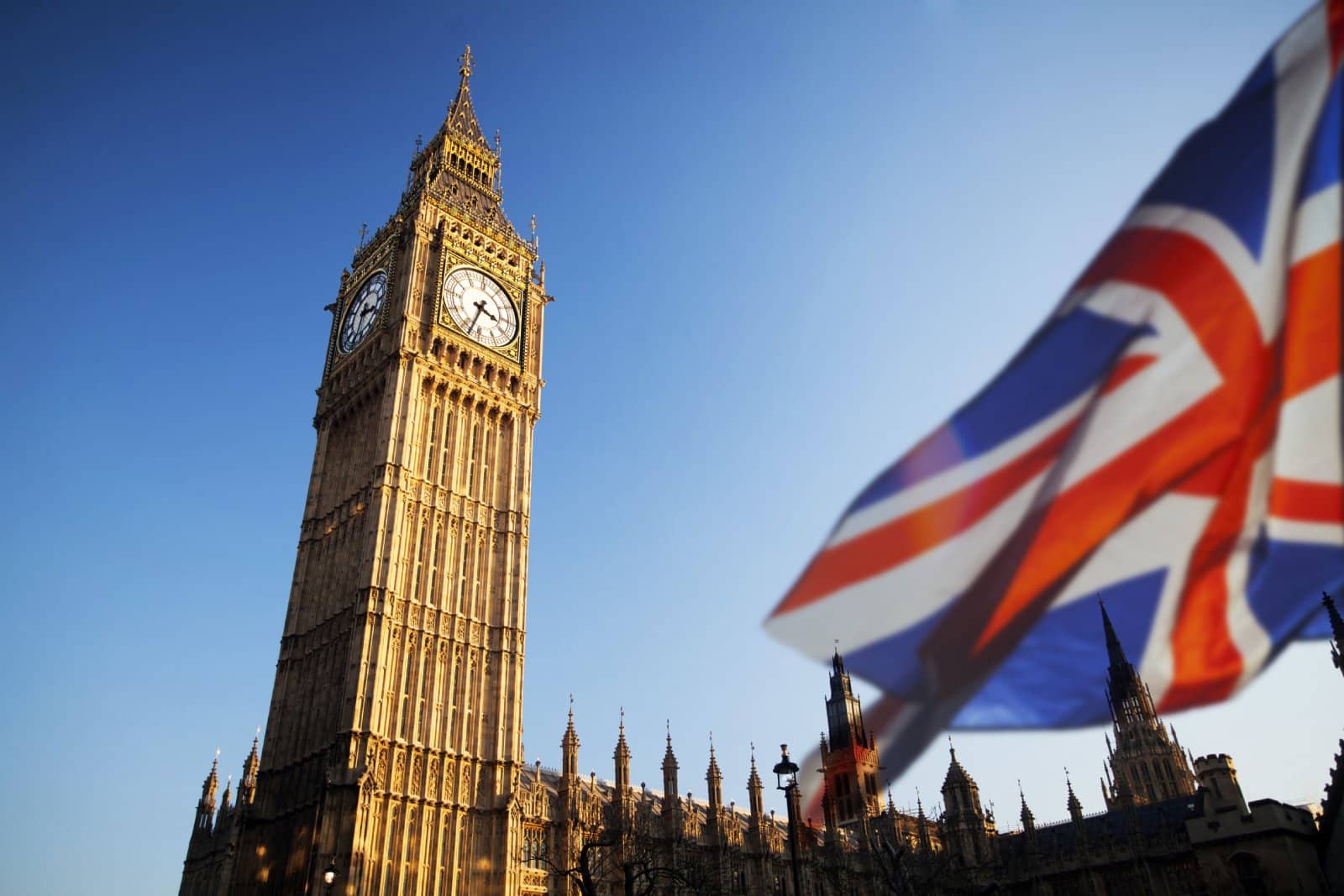
The UK government is facing significant pushback from various quarters over its proposed plans to broaden the definition of extremism significantly.
Veteran Activists
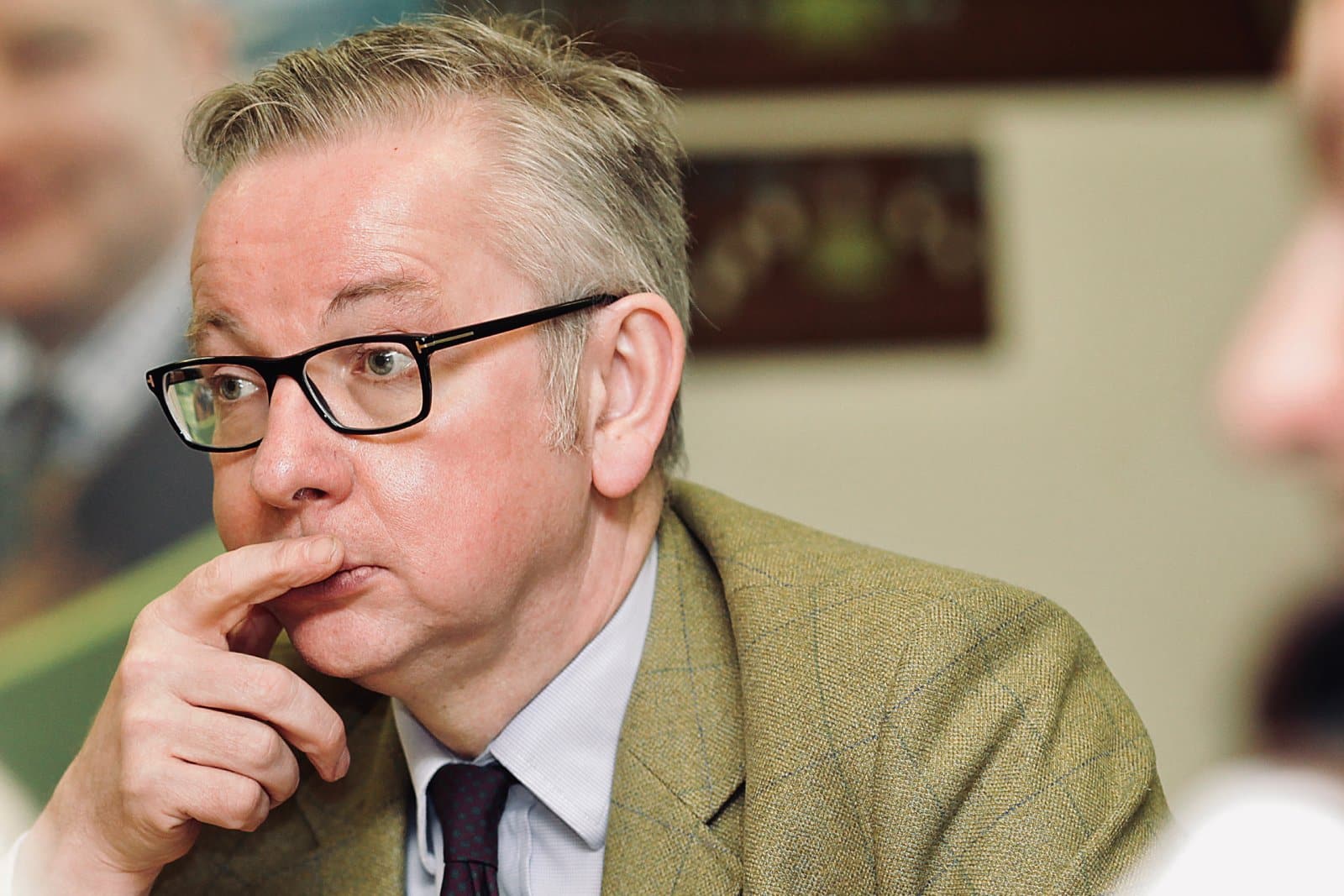
The move, spearheaded by Michael Gove, the Communities Secretary, has drawn criticism from veteran activists across the entire political spectrum.
Sever Ties
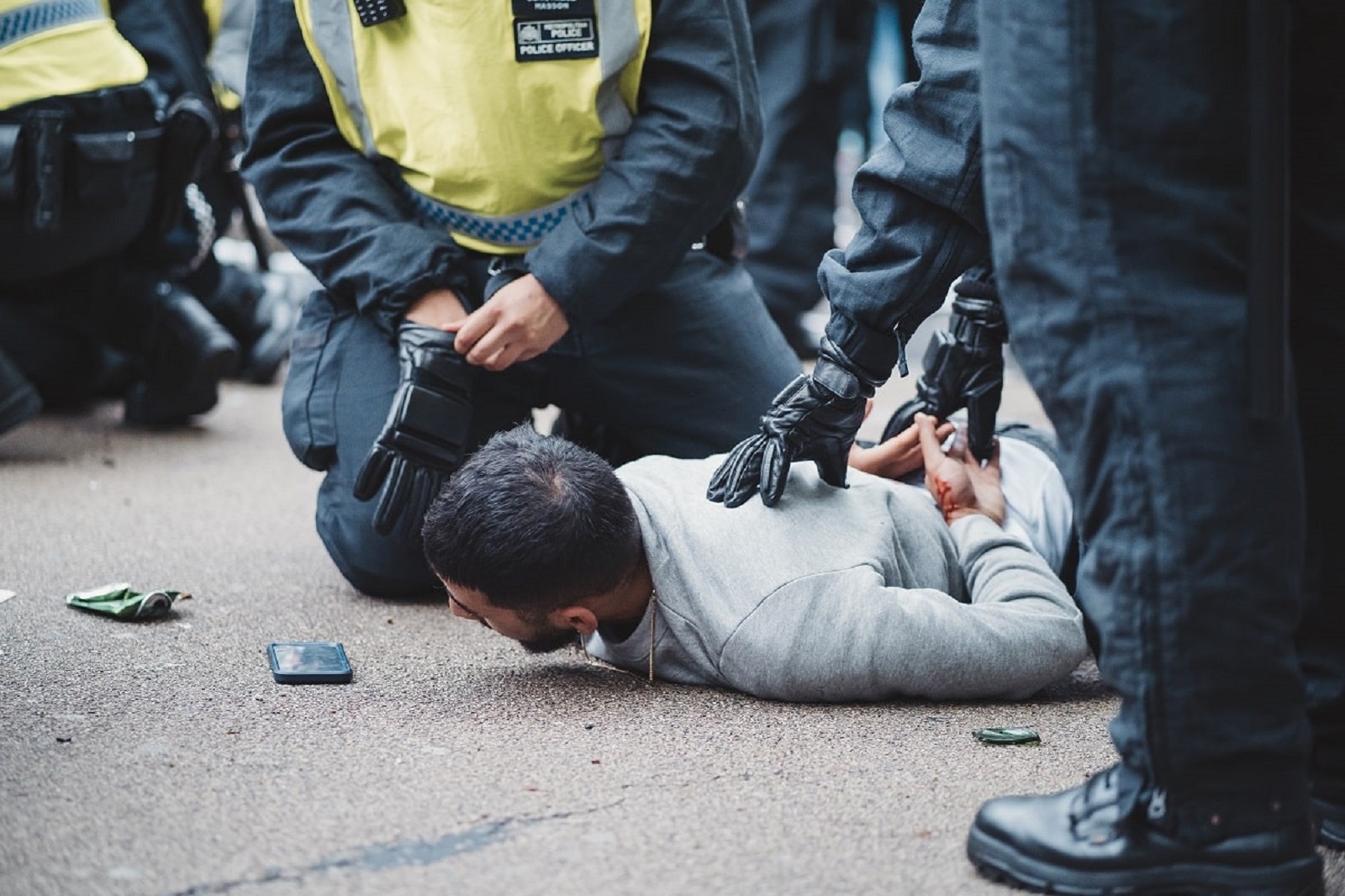
The redefinition aims to grant authorities the power to sever ties with groups deemed “extremist” for their purported undermining of British institutions or values.
Large-Scale Crackdown
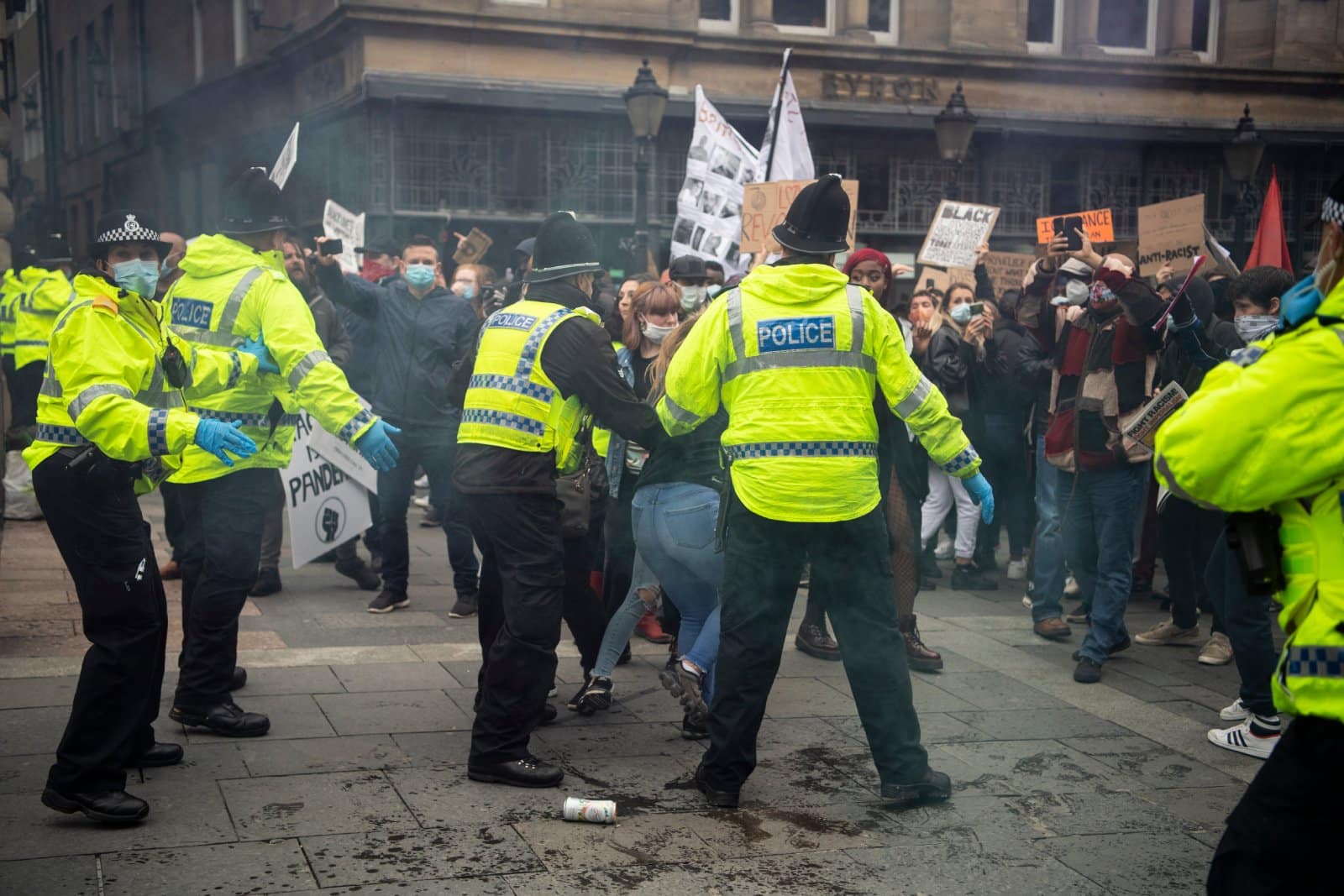
However, many critics argue that such a broad definition could stifle dissent and the few remaining legitimate forms of activism following the government’s large-scale crackdown on protests in the last year.
Spanning the Gamut

Prominent figures in activism, spanning the gamut of causes from LGBTQ+ rights to more traditionally conservative causes like hunting, have expressed dismay over the government’s intentions.
“An Appalling Direction”

Labour peer Peter Hain, renowned for his anti-apartheid activism, condemned the proposed legislation, stating, “I think it’s an appalling direction to go down and it could probably have been applied to the suffragettes in their day, who were equally vilified, spat at, hated and treated very badly by the police and the authorities.”
Boycott Apartheid
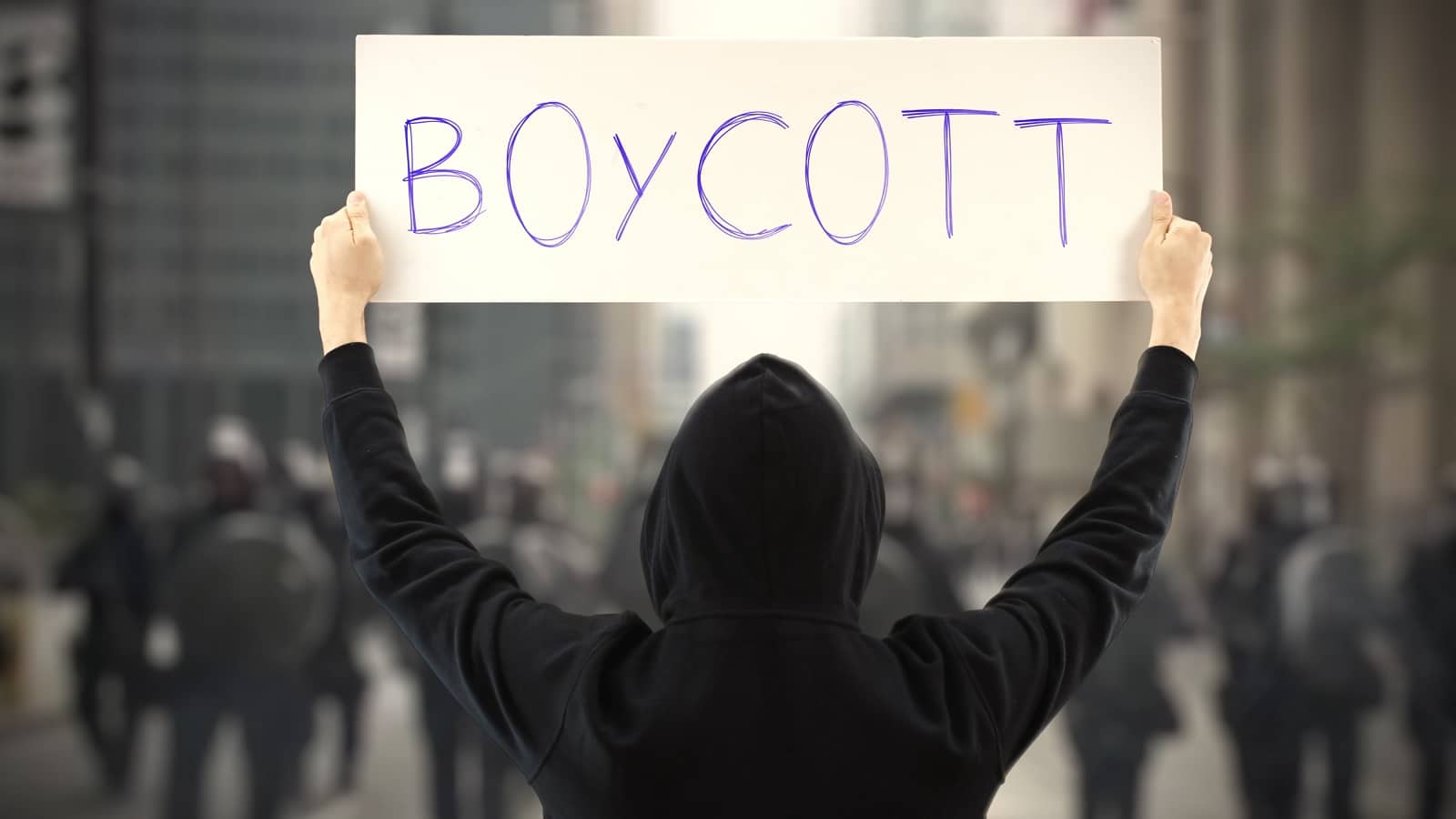
Hain, a Labour peer who led a campaign in the 1970s to boycott the all-white South African rugby tour of the UK in protest of the nation’s apartheid regime, drew parallels with the historic struggles he and others faced.
“Hated and Attacked”

Hain stated, “At that time people like me and others involved were hated and attacked and vilified, and it’s only more recently that those who thought that way have come to understand why we needed to do what we did. But we would have been targeted under this new approach to a definition of extremism.”
Equal Opportunity Annoyance

The dissent isn’t confined to any particular ideological camp. Even conservative groups, like the Countryside Alliance, have voiced reservations.
“An Excuse to Crack Down”

Tim Bonner, the chief executive of the Countryside Alliance, told the Guardian, “We are concerned that defining extremism as something as woolly as ‘undermining fundamental British values’ will become an excuse to crack down on any opinion which isn’t shared by a majority of the population.”
“What Are British Values?”

Notably, human rights campaigners have also joined the chorus of criticism. Peter Tatchell, a stalwart defender of LGBTQ+ rights, stated, “The Tories seem to be suggesting that groups undermining ‘British values’ should be declared extremist and subject to new restrictions. But what are British values?”
“Slavery, Colonialism Homophobic Discrimination”
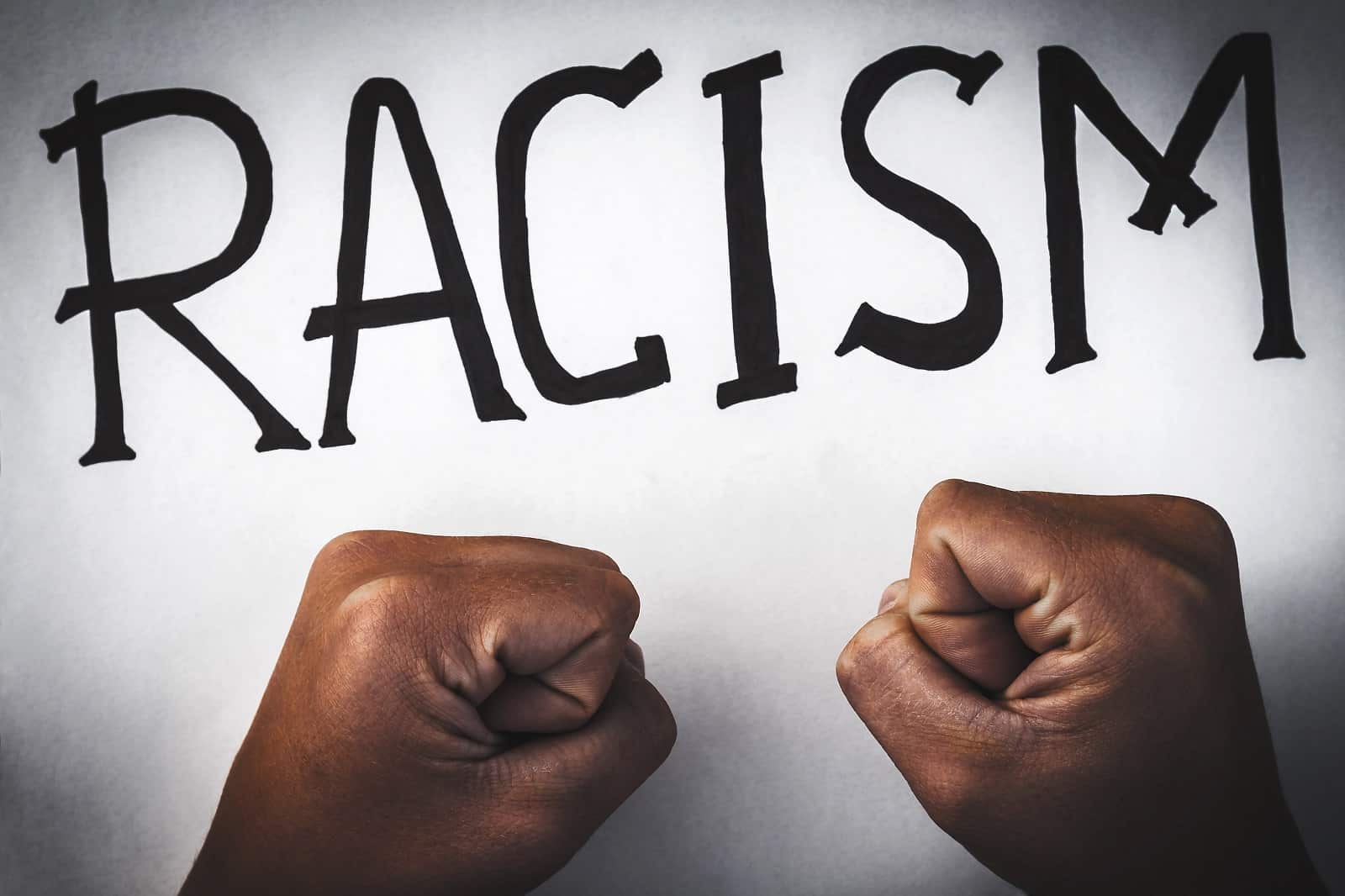
He continued, “They used to be slavery, colonialism, homophobic discrimination and the denial of votes to women and working-class people. British values are still contentious today.”
Criminalizing Protest
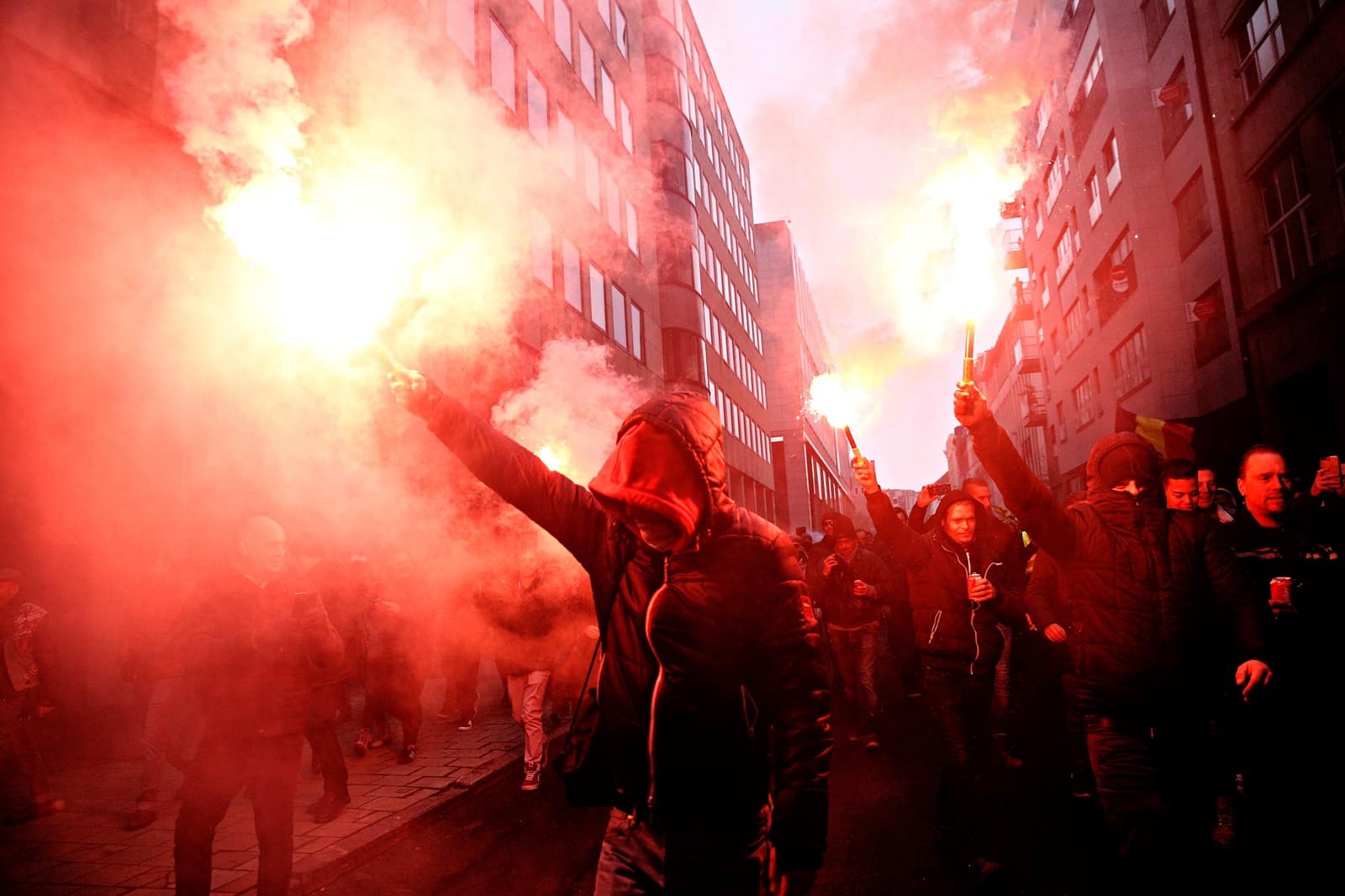
Tatchell went on to highlight the danger of criminalizing peaceful protests and suggested that activist actions he had taken in the past, such as his interrupting of Tony Blair in protest of the Iraq war, would, under the proposed legislation, be described as “extremist.”
Not Alone

Tachell is not alone in his concerns over the erosion of civil liberties, which resonate broadly throughout civil society.
Stringent Anti-Protest Laws
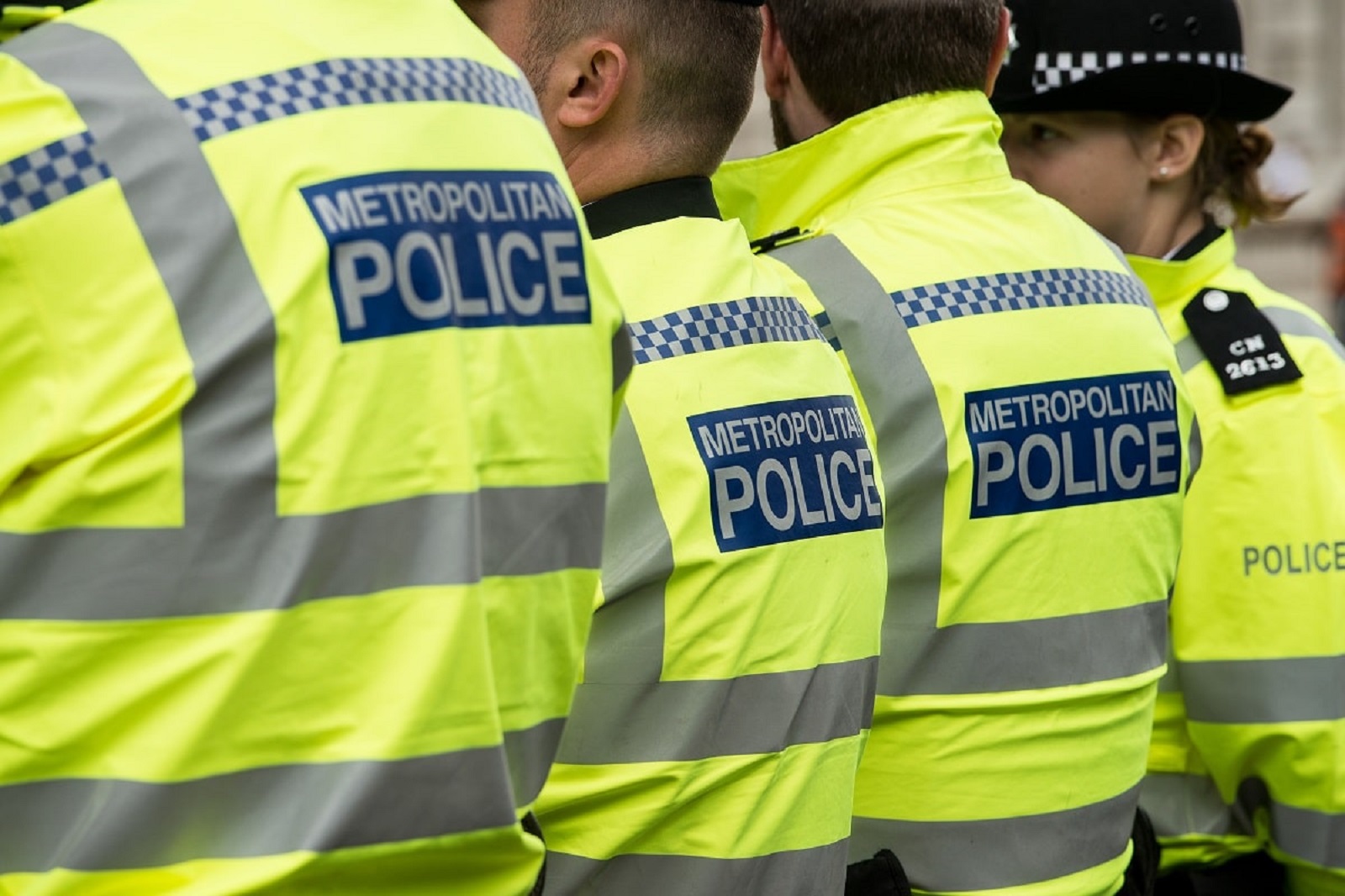
Tatchell also pointed out that the UK already possesses stringent anti-protest laws and argued that the proposed crackdown mirrors authoritarian regimes such as Putin’s Russia.
Secular Apprehensions
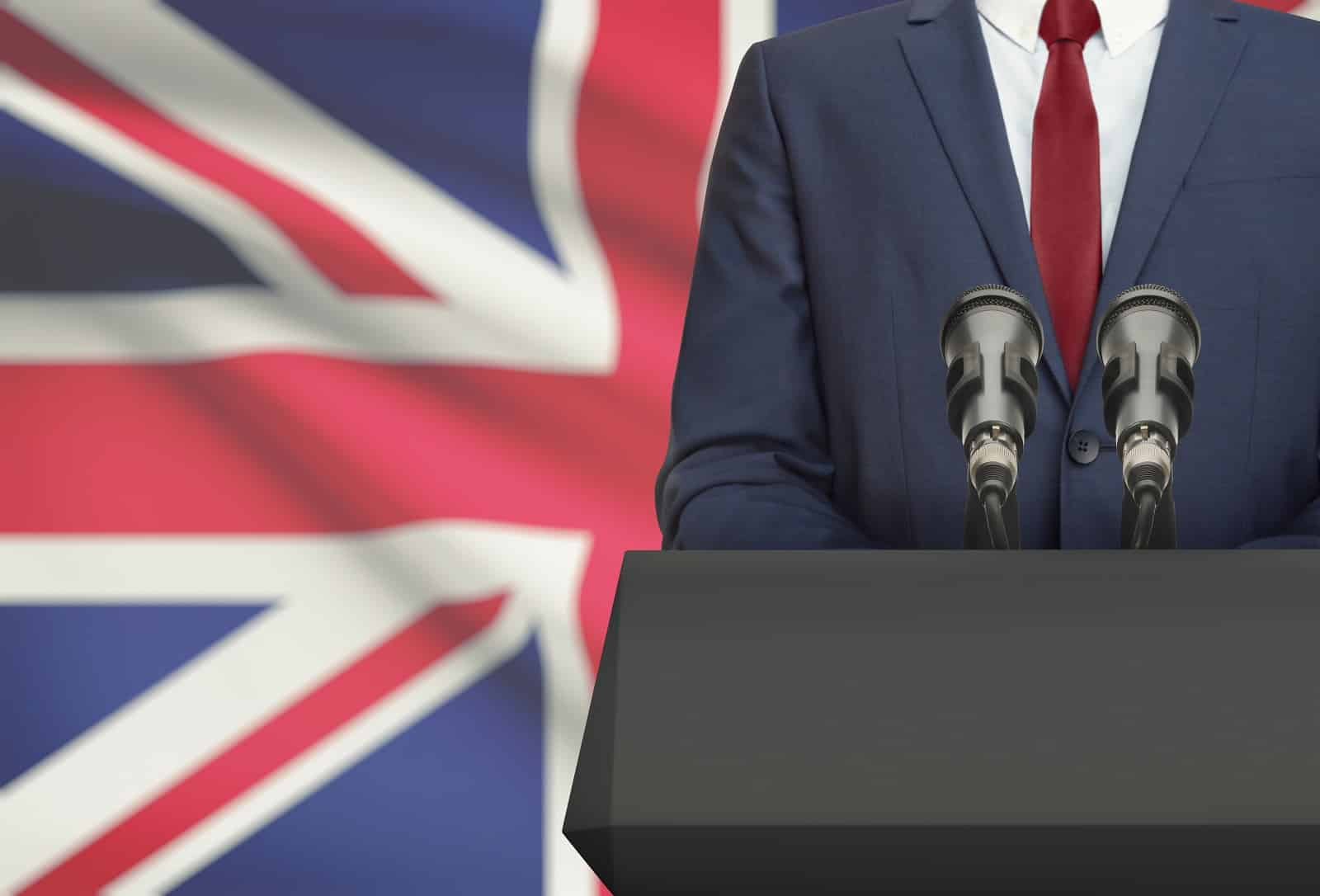
The National Secular Society (NSS) has also voiced apprehensions about the implications of the redefined extremism criteria.
Unfair Targeting

Stephen Evans, the NSS chief executive, warned that such expansive definitions could unfairly target secularists critical of religious institutions like the Church of England and the monarchy.
National Security
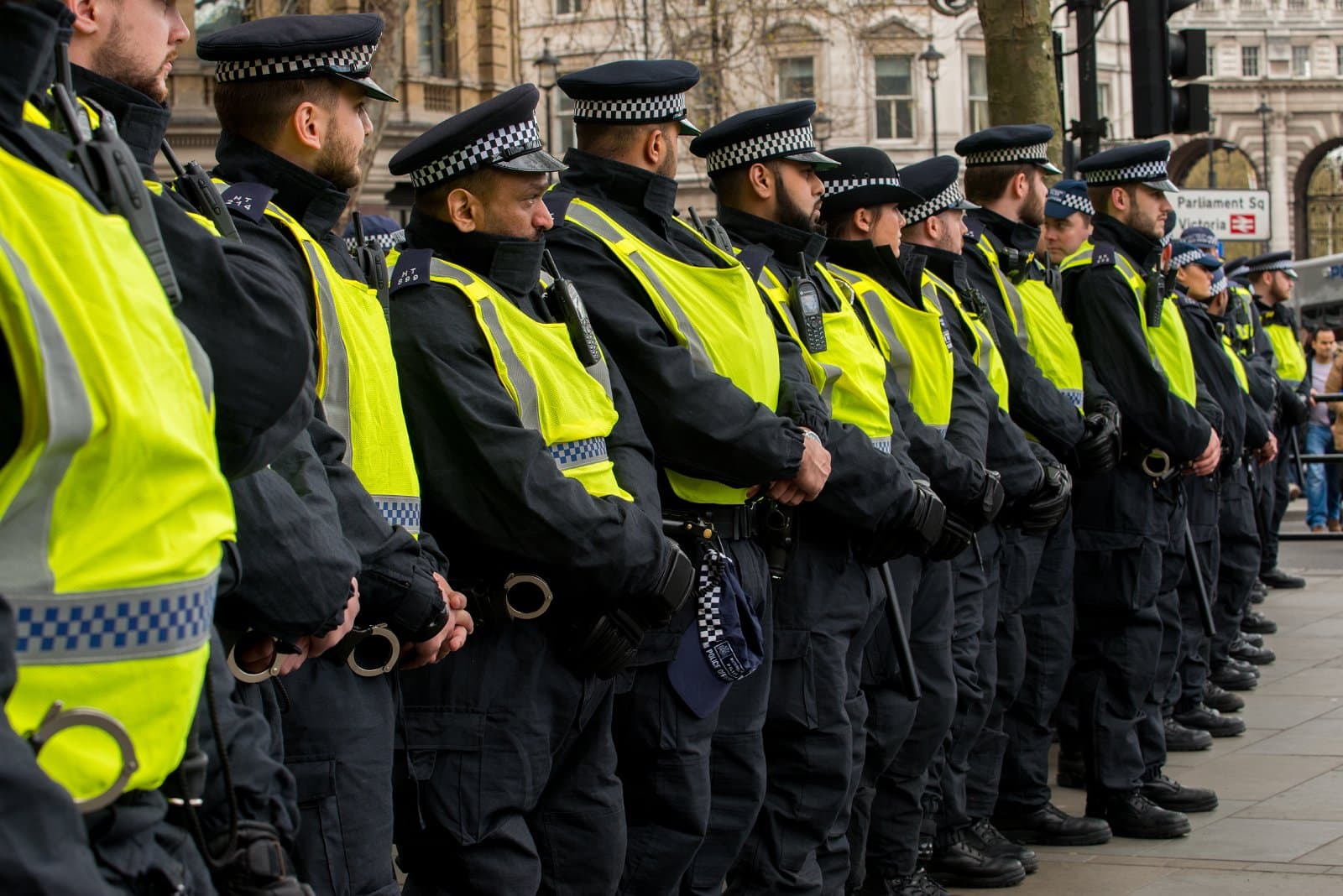
While the government frames its actions as necessary for safeguarding national security and preserving British values, critics contend that the proposed measures threaten the fundamental freedoms that British values encapsulate.
Mounting Pressure

Despite these reassurances, the government is facing mounting pressure to ensure that any new policies uphold the rights and liberties that are vital to a functioning democracy.
Severe Concerns

The controversy surrounding the UK government’s plans to redefine extremism reflects severe concerns about the erosion of civil liberties and the stifling of dissent.
Rallying the Troops
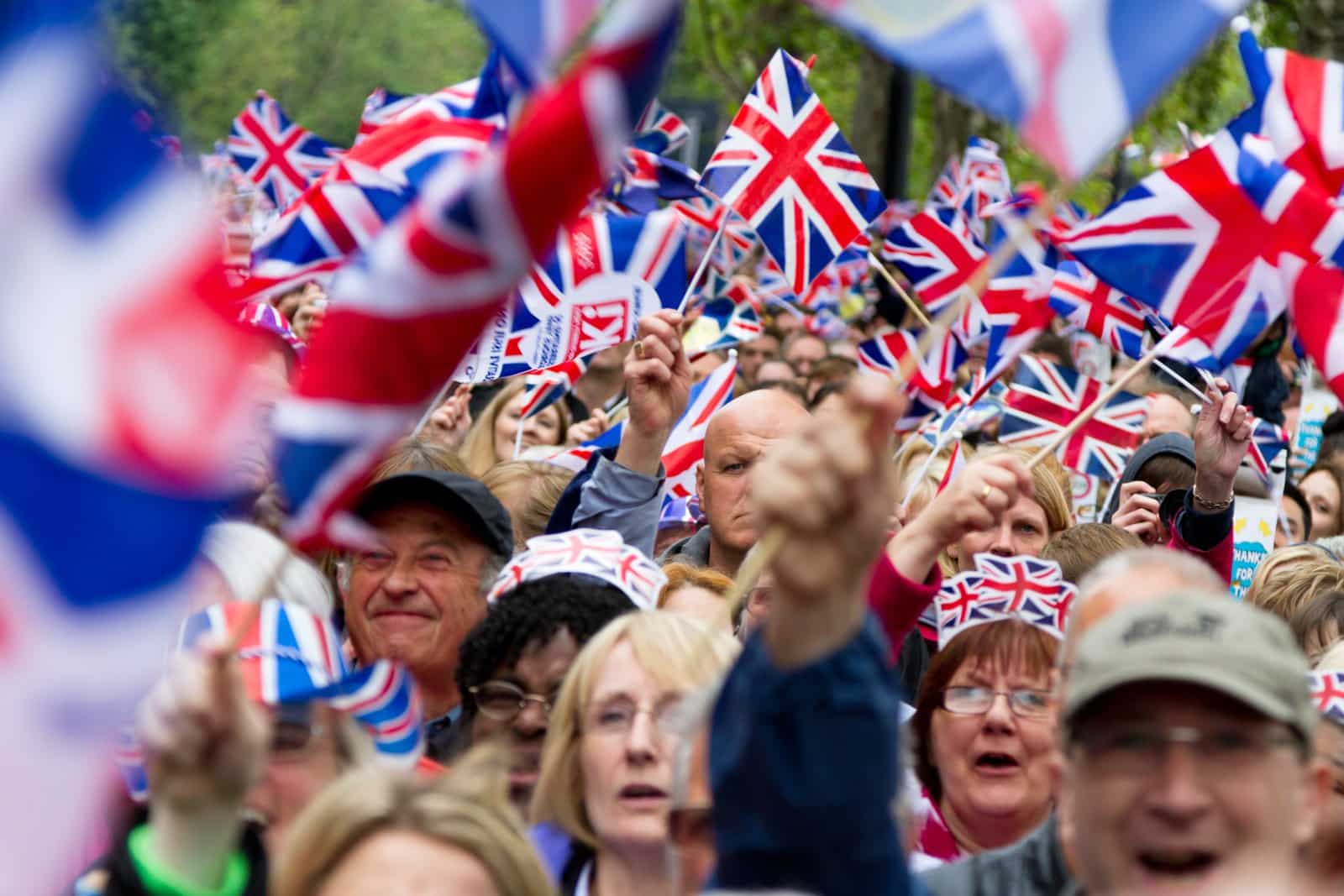
As the government faces becoming ever more unpopular and looks with dread upon the upcoming election, their recent moves to broaden the range of extremism seem, at best, a thinly veiled attempt to shore up die-hard conservative voters, who often stand in opposition to the vast majority of protest movements of the present day.
Backfired
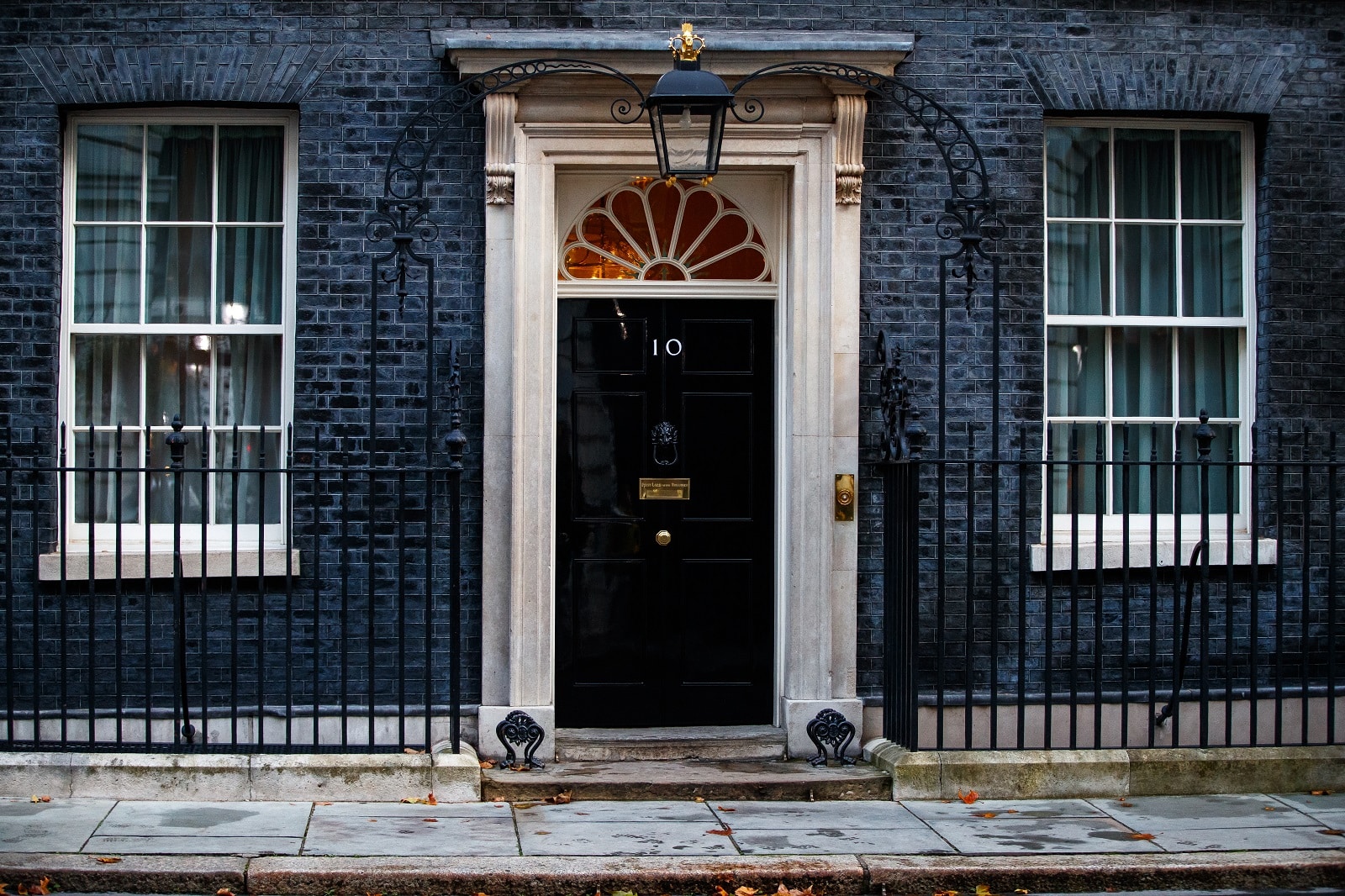
However, with even conservative organizations suggesting that the proposed legislation has gone too far, the government may have overplayed its hand. Only time will tell.
More Articles Like This…
Broken Britain: 12 Reasons Behind the UK’s Decline
Say the Unsayable: 10 Occasions When Farage Spoke His Mind About Britain
The post Extremism Redefinition Unites Campaigners in Condemnation first appeared on Edge Media.
Featured Image Credit: Shutterstock / John Gomez.
Grant Gallacher is a seasoned writer with expertise in politics and impactful daily news. His work, deeply rooted in addressing issues that resonate with a wide audience, showcases an unwavering commitment to bringing forth the stories that matter. He is also known for satirical writing and stand up comedy.

